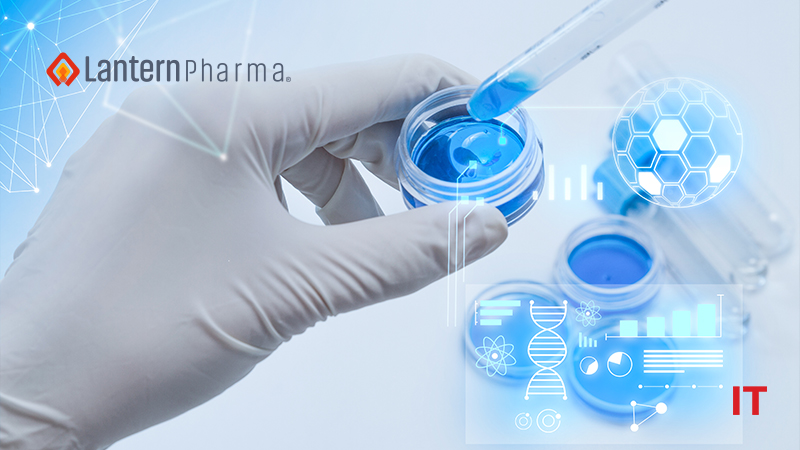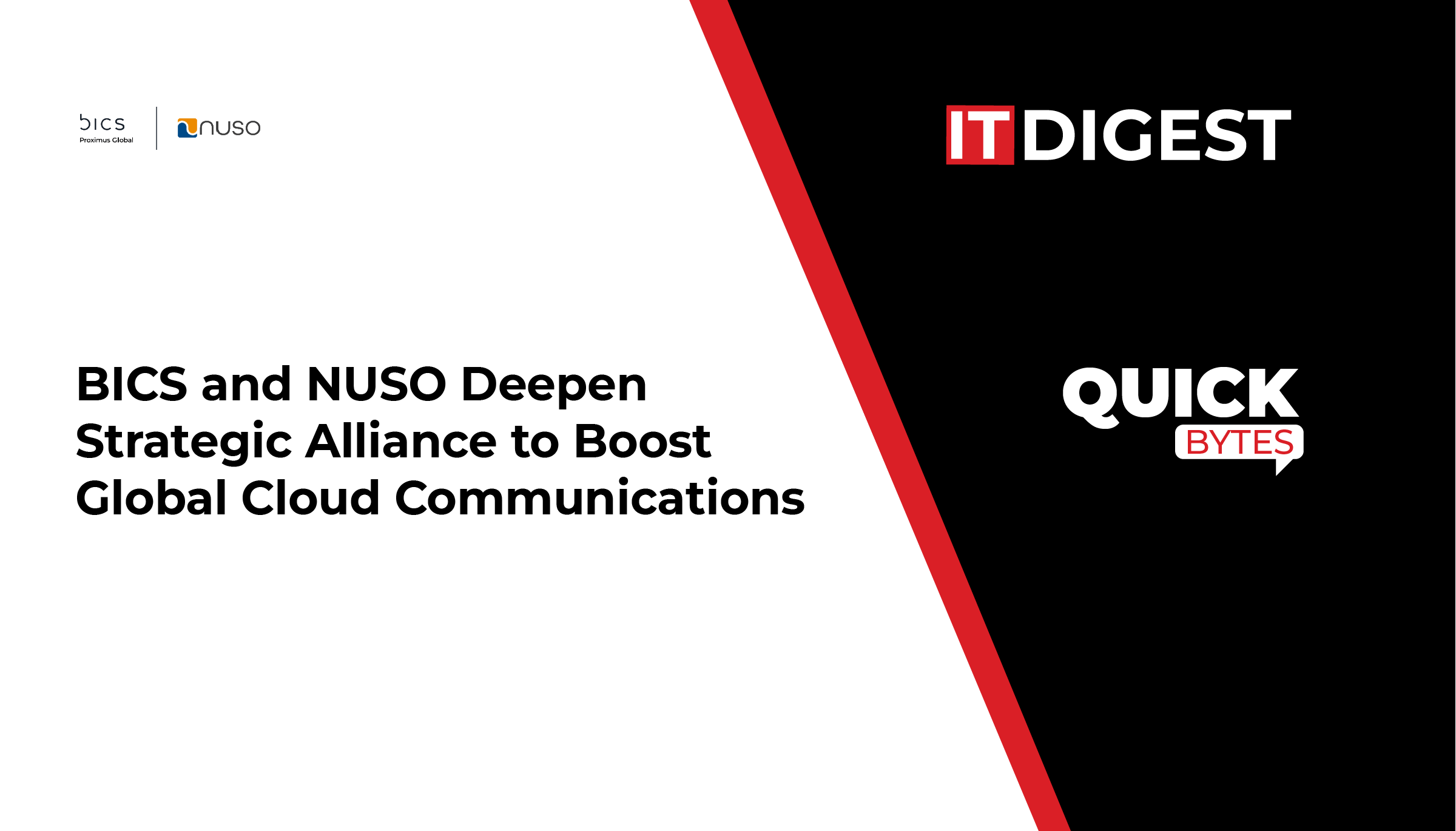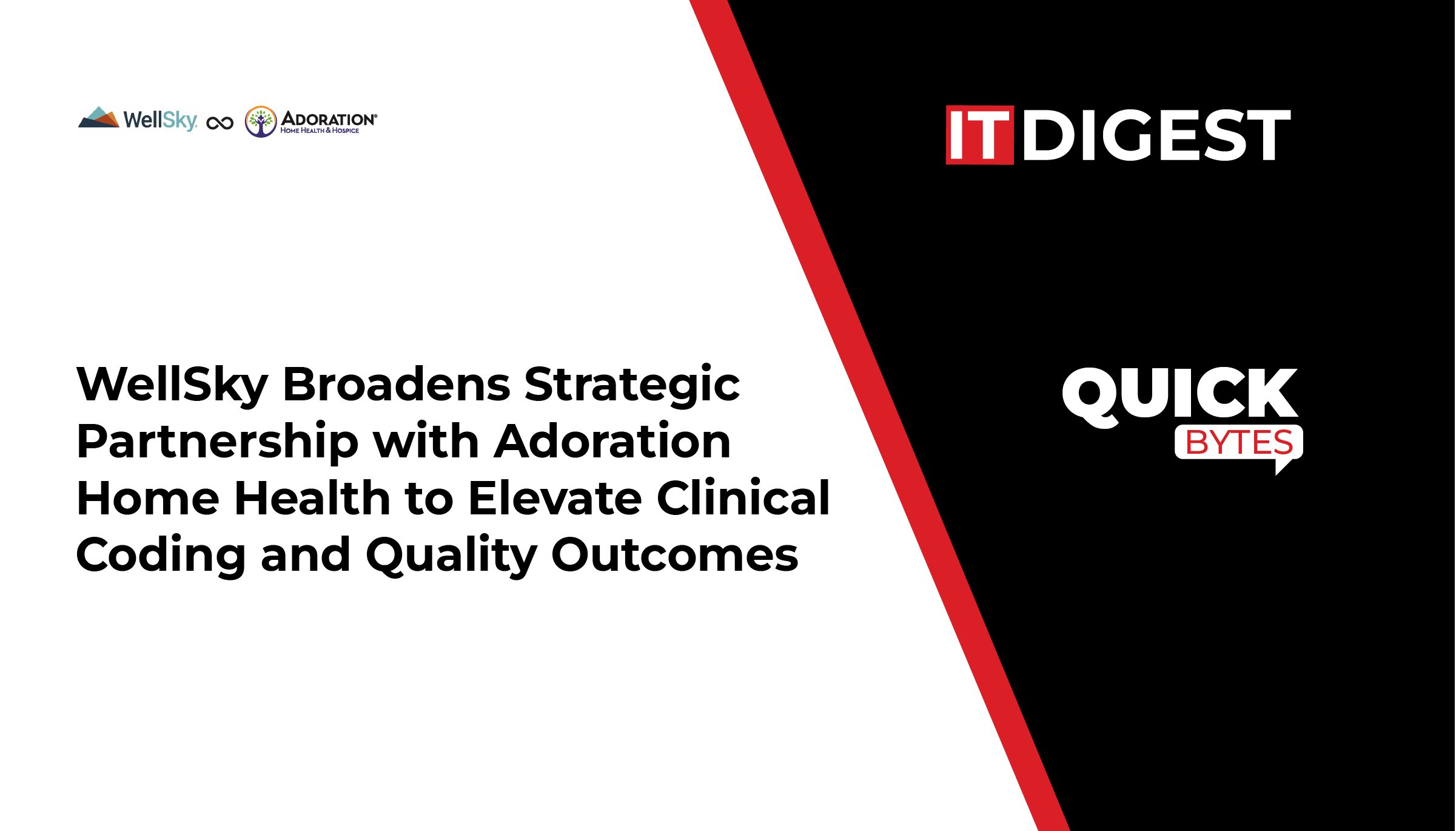Lantern Pharma Inc, a leader in AI-driven cancer drug discovery and development, announced that it will be presenting at a virtual conference being hosted by HCW. The conference will be on Thursday, March 7th, and is a virtual event.
Lantern Pharma’s CEO, Mr. Panna Sharma, will be discussing and presenting via a fireside chat format at The 1st Annual Artificial Intelligence Based Drug Discovery & Development Virtual Conference at approximately 2 pm Eastern / 11 am Pacific. While addressing AI in drug discovery, Mr. Sharma will talk about how RADR, Lantern’s proprietary AI platform, is transforming the cost, pace, and timeline of oncology drug development.
Earlier this week, Lantern Pharma announced that RADR has surpassed 60 billion data points and will reach 100 billion data points during 2024, making innovation in developing cancer therapies potentially more precise, durable, and personalized.
Investors, companies and industry professionals are encouraged to register for the event in advance at this link or contact their HCW representative for more information.
Also Read: CodaMetrix Selects Healthcare Veteran Lisa Morella as Vice President of Data and Analytics
RADR is Lantern Pharma’s proprietary integrated AI platform for large-scale biomarker and drug-tumor interaction data analytics that leverages machine learning. It is used to provide mechanistic insights about drug-tumor interactions, predict the potential response of cancer types and subtypes to existing drugs and drug candidates, and uncover patient groups that may respond to potential therapies being developed by Lantern Pharma and its collaborators.
RADR uses an ensemble-based approach to apply its library of algorithms to statistical, correlative, and inferential problems in drug-tumor interactions. This allows the platform to rapidly analyze large amounts of complex data and predict how both patients and tumors will respond to therapeutic combinations. RADR also evolves as new datasets are added, which improves and sharpens the insights generated from the algorithms.
RADR’s highly scalable machine-learning methods are designed to guide drug development and yield new biological insights, while also having the potential to increase response rates and improve outcomes in clinical trials. The robustness and growing number of datasets powering RADR® is anticipated to continue to improve machine-learning results, accelerate automation of other features and aid oncology drug development for Lantern and its partners with an ultimate focus on benefitting cancer patients.
SOURCE: Businesswire

































